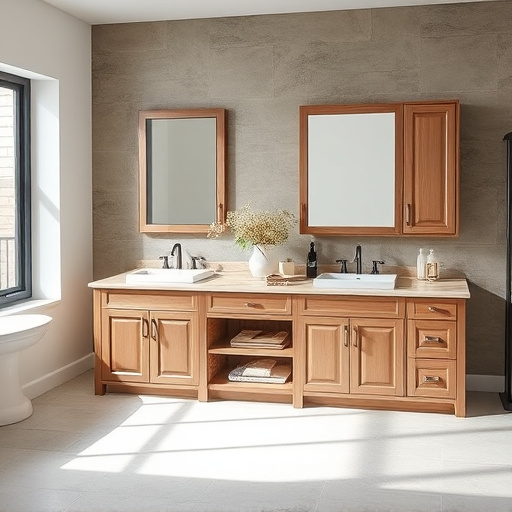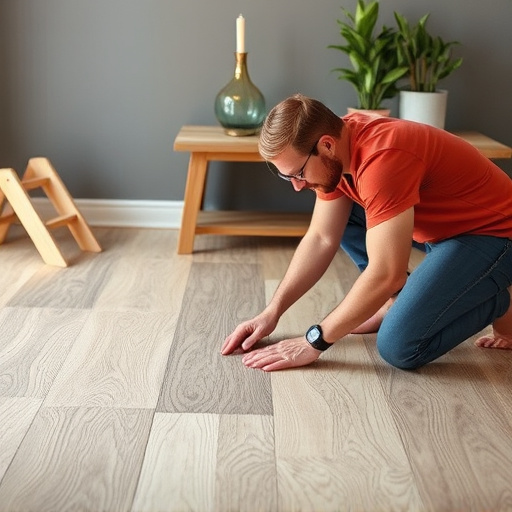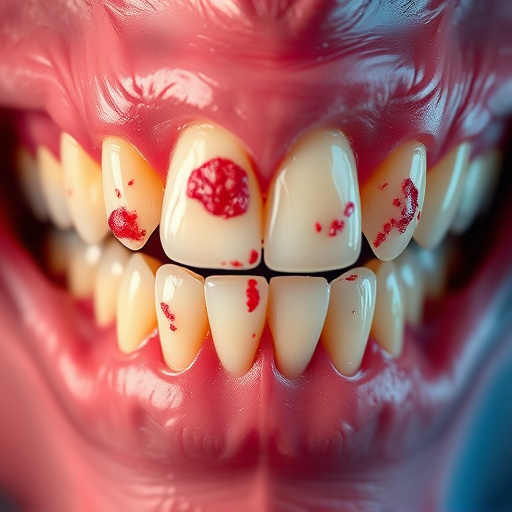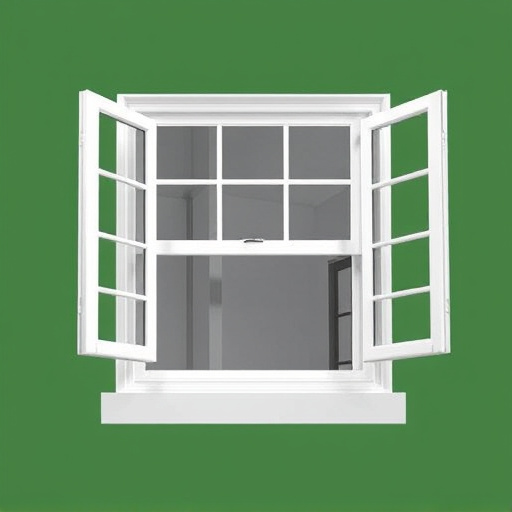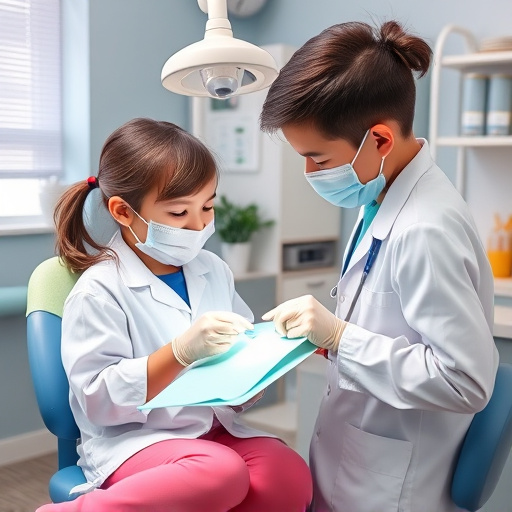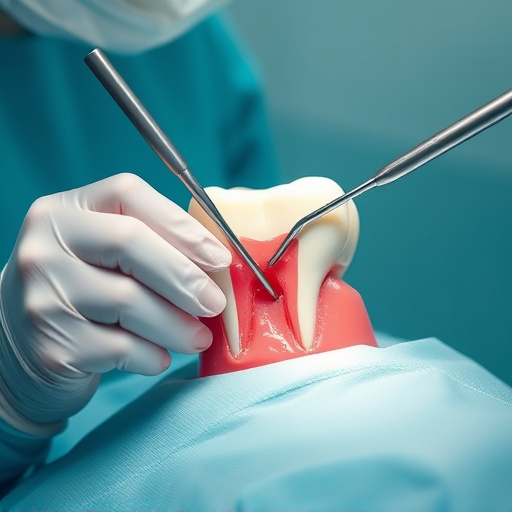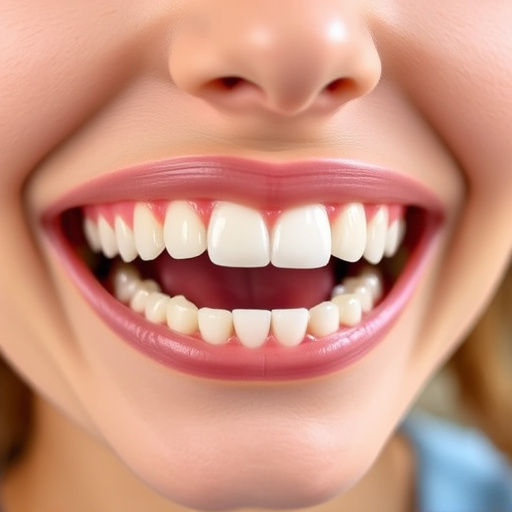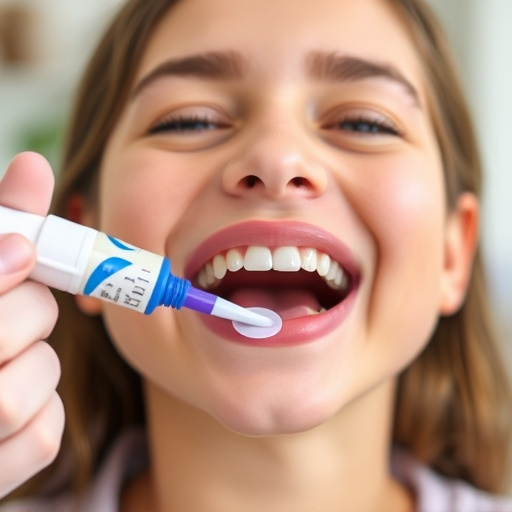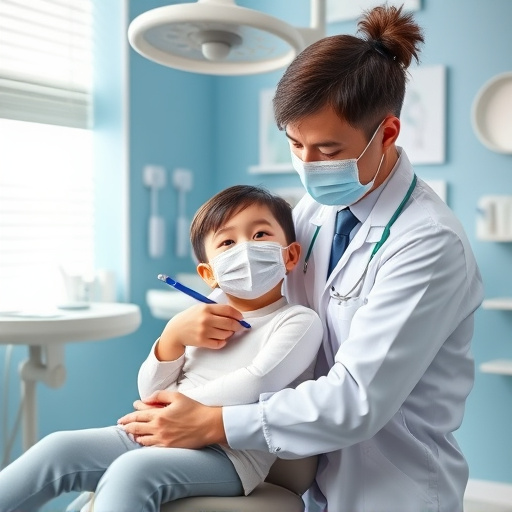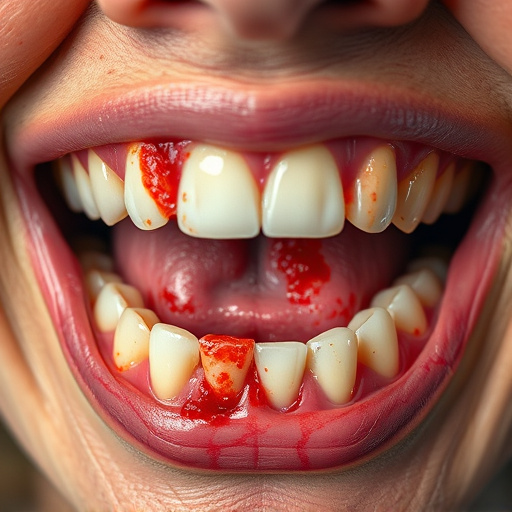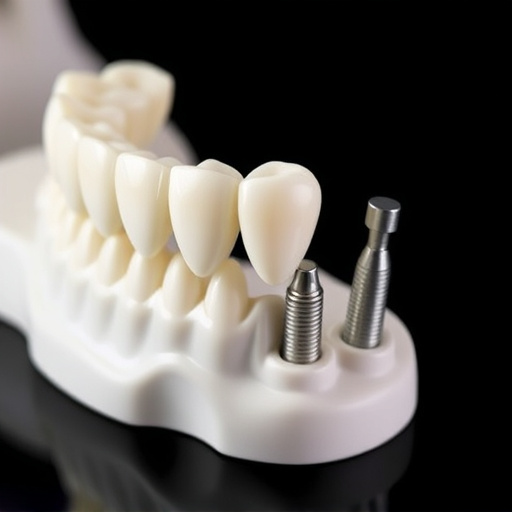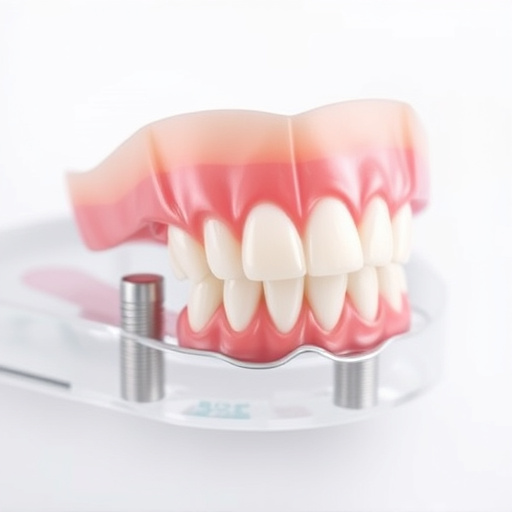The oral health of seniors presents unique challenges due to age-related factors like reduced saliva, mobility issues, and medication side effects. Customized dental care, including personalized hygiene routines and restorative services, is vital. Technology, such as 3D X-rays and telemedicine, revolutionizes dental care for seniors by offering precise diagnoses, remote consultations, and accessible solutions for those with limited mobility.
As people age, their dental needs evolve, presenting unique challenges. This article explores essential aspects of dental care for seniors, focusing on how to adapt oral hygiene routines to changing physical and cognitive abilities. We delve into strategies like individualized oral hygiene plans that cater to personal preferences and health conditions. Additionally, we discuss the transformative power of technology in enhancing senior dental care, from intuitive oral care devices to advanced diagnostic tools, ensuring optimal oral health for this demographic.
- Understanding Senior Dental Health Challenges
- Tailoring Care: Individualized Oral Hygiene Plans
- Technology's Role in Enhancing Senior Dental Care
Understanding Senior Dental Health Challenges
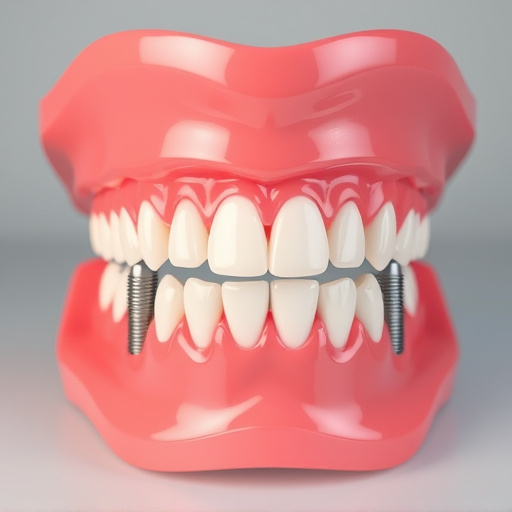
As people age, their oral health needs evolve, presenting unique challenges for both seniors and healthcare providers. Dental care for seniors must account for various factors that can impact their overall well-being. One significant concern is the increased risk of dental decay and gum disease due to reduced saliva production, a common side effect of aging. This natural decline in saliva flow can lead to dry mouth, making it easier for bacteria to thrive and cause infections.
Moreover, many seniors may experience mobility issues, making regular dental visits challenging. These physical limitations might require alternative approaches to dental care, such as home-based oral hygiene instructions or mobile dental clinics offering emergency dental care. Additionally, certain medications can contribute to dry mouth and other oral health issues, further complicating the dental care needs of seniors. Adapting dental care practices to accommodate these challenges is essential, ensuring that the specific requirements of this demographic are met effectively.
Tailoring Care: Individualized Oral Hygiene Plans
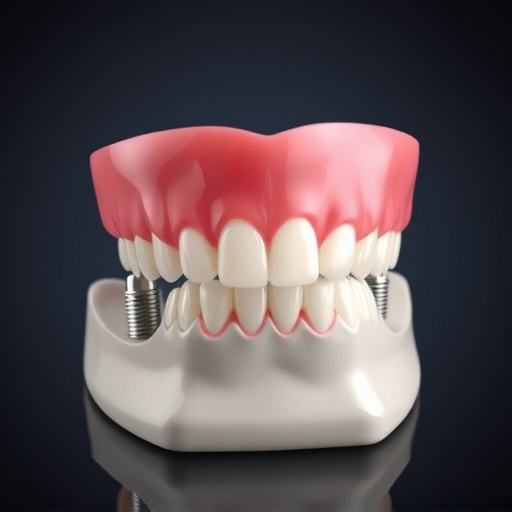
As individuals age, their dental needs evolve, requiring a tailored approach to maintain optimal oral health. Dental care for seniors should go beyond the standard routine oral exams and focus on individualized plans that address unique challenges. This personalized strategy involves assessing factors like medication side effects, reduced saliva production, and the presence of chronic conditions, which can impact oral hygiene and overall dental health.
By creating customized oral hygiene routines, dentists can ensure comprehensive care for seniors. Restorative dentistry plays a crucial role here, offering solutions to maintain or restore dentition. From simple fillings to complex implants, these procedures help preserve natural teeth, enhancing the senior’s ability to chew and speak effectively while also preserving their overall well-being and quality of life. Moreover, having an established network for emergency dental care is vital, as seniors might face unexpected dental emergencies due to falls or other age-related incidents, requiring prompt intervention.
Technology's Role in Enhancing Senior Dental Care
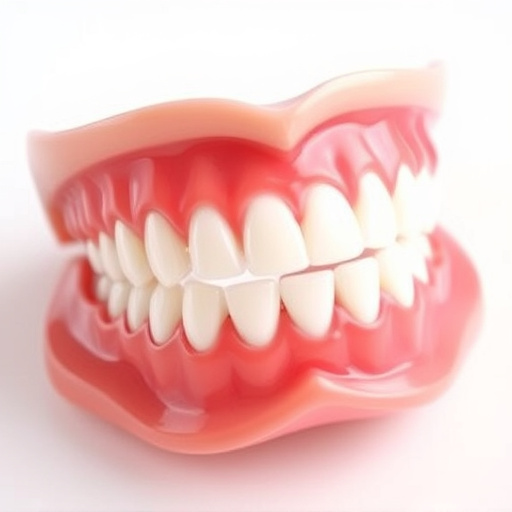
Technology has played a pivotal role in transforming dental care for seniors, offering solutions that adapt to their evolving needs. Digital tools and innovative procedures ensure that elderly patients receive personalized and comfortable treatment. For instance, advanced imaging techniques like 3D X-rays provide detailed visualizations of teeth and gums, aiding dentists in making precise diagnoses. This is particularly beneficial when addressing complex issues such as impacted wisdom teeth or planning surgical procedures.
Moreover, telemedicine has made it possible for seniors to access dental consultations remotely. Through video conferencing, they can connect with dental professionals who offer guidance on oral hygiene practices, prescribe medications, and even perform virtual teeth cleanings. These technological advancements bridge the gap in dental care accessibility, especially for those with mobility challenges or living in remote areas.
Dental care for seniors is not one-size-fits-all; it requires tailored, adaptive strategies that address unique oral health challenges. By implementing individualized oral hygiene plans and leveraging technology, we can enhance senior dental care, ensuring a higher quality of life as they age. These innovative approaches not only maintain oral health but also contribute to overall well-being, proving that proper dental care is an integral part of healthy aging.
